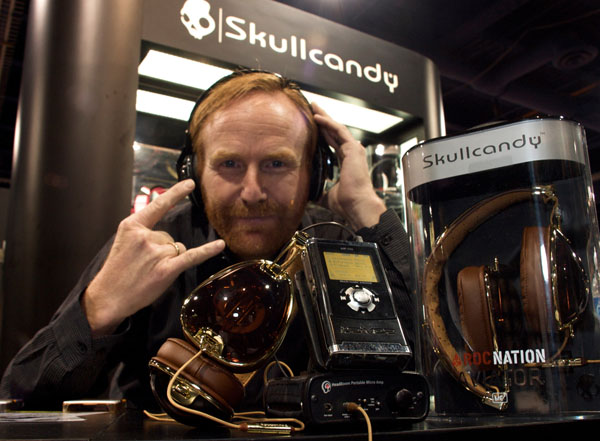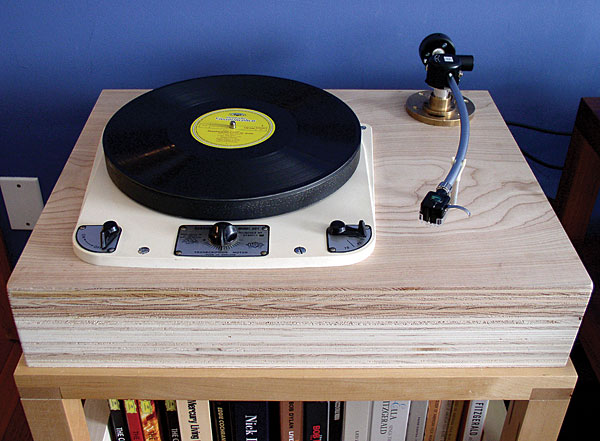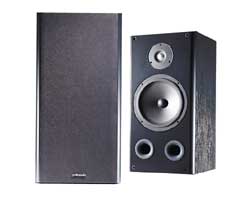Beyerdynamic DT 235 Headphone
Q: Why is a university librarian like a fourteen year old skateboarder?
A: Both would love a pair of Beyerdynamic DT 235 headphones!
The Beyerdynamic DT 235 ($57.65, available in black and white) is about as attractive as a brick. But it's also as durable and useful, not nearly so heavy, and sounds way better. This plain-Jane headphone is perfect for library listening rooms, museums, dentist chairs, and all manner of utility applications ... including the one where you give it to a kid who can break a bowling ball in a padded room.







 Yeah, yeah, I know what you're thinking: "Polk? You're reviewing a $300 speaker from Polk? Get ready for the flames!"
Yeah, yeah, I know what you're thinking: "Polk? You're reviewing a $300 speaker from Polk? Get ready for the flames!"

